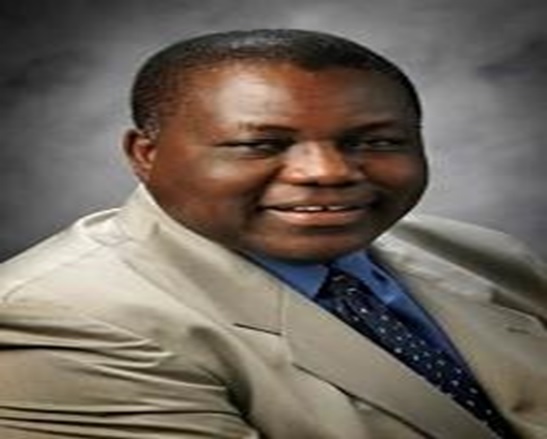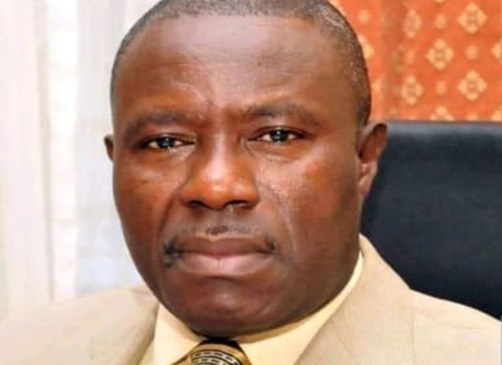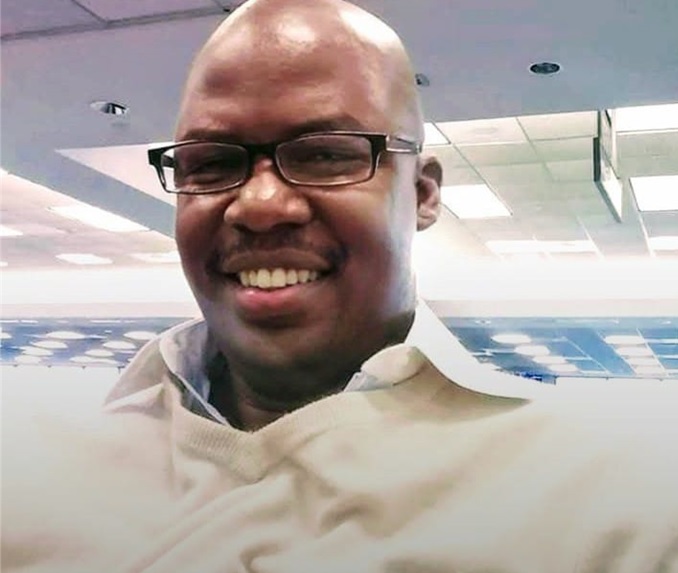The devastating Liberian civil war has come and gone, yet, the undulation effect still lingers in Africa’s oldest nation.
The war caused the death of an estimated over 250,000 people. It also created a brain-drain for the nation. Some Liberians fled to safety in other countries-some for greener pastures. Better still; the effect of the 14-year bloody civil war has not been able to hold down Liberians. A good number of them continued to make names for themselves and the motherland.
Smart News Liberia has launched a new column in which Liberians in and out of the country, will be scouted and profiled. And the first in this column is a veteran Liberian educator and politician, Prof. Dr. George Klay Kieh who is considered a ‘Fountain of knowledge’ and a ‘go to Personality’.
In times like these, when there’s a need for total resuscitation of a dying state-a state that is surviving on “life support machine”, most Liberians spoken to by Smart News Liberia recently consider Prof. Dr. George Klay Kieh as one Liberian who could remedy some of the several political and economic problems faced by Liberia.
The question being asked by political watchers in and out of the country, is whether Prof. Dr. George Klay Kieh is ready to use his intellectual fountain of knowledge to emancipate his motherland from the dungeon of hardship and backwardness.
Profile
Dr. George Klay Kieh, Jr. is presently the Dean of the School of Public Affairs of Texas Southern University (TSU).
Dr. Kieh has served in both administrative and academic roles at the University of West Georgia, as the interim chair of the Department of Criminology (2018-19) and as a full professor of political science (2009-19).
He also served as the dean of the College of Arts and Sciences from 2009-10. Previously, Dr. Kieh held administrative positions at Morehouse College (chair of the Department of Political Science, 2002-05). He also served as Dean of International Affairs at Grand Valley State University from 2001-03 and several other institutions, including Illinois Wesleyan University and the University of Memphis.
Klay Kieh earned a bachelor’s degree in political science from the University of Liberia, followed by a master’s degree and a doctorate of philosophy in political science from Northwestern University.
Texas Southern University Provost Dr. Kendall Harris said after the appointment of Dr. Kieh and another colleague: “We are excited about these new academic leaders,” adding: “Our search process was thorough and inclusive, and I’d like to thank all of the faculty, staff, administrators, alumni, and community members who contributed by serving on the various committees and providing input into the selection process.”
George Klay Kieh Jr. was born 2 March 1956 In Harbel Firestone Dr. Kieh is an avid admirer of former U.S. President Jimmy Carter.
Political career
He ran as a presidential candidate in the 11 October 2005 elections alongside Alaric Tokpa.
Kieh worked at Grand Valley State University in Allendale, Michigan as a Professor of Political Science, following his unsuccessful bid for President of Liberia. Previous to this, he taught at Morehouse College in Atlanta, Georgia, for many years. He served as the Dean of the Political Science Department prior to his unsuccessful bid for President in Liberia. Upon returning to GVSU, he specialized in developing countries, conflict, and African Politics.
He was named Dean of Arts and Sciences at the University of West Georgia in Carrollton, Georgia. He succeeds Interim Dean Dr. Don Rice, who succeeded Dean Dr. David White, who succeeded Interim Dean Dr. Pauline Gagnon, who succeeded Dean Dr. Richard Miller.
Books Written by Dr. George Klay Kieh
The Liberian Educator and politicians has written several books that include: West Africa and the U.S. War on Terror; Reconstructing the Authoritarian State in Africa; Zones of Conflict in Africa; Africa and the New Globalization, as well as Democratization and Military Coups in Africa.
Other books are: Imagining the United States of Africa, Beyond State Failure and Collapse, the Elusive African Renaissance, and Liberia in the Twenty-First Century.







